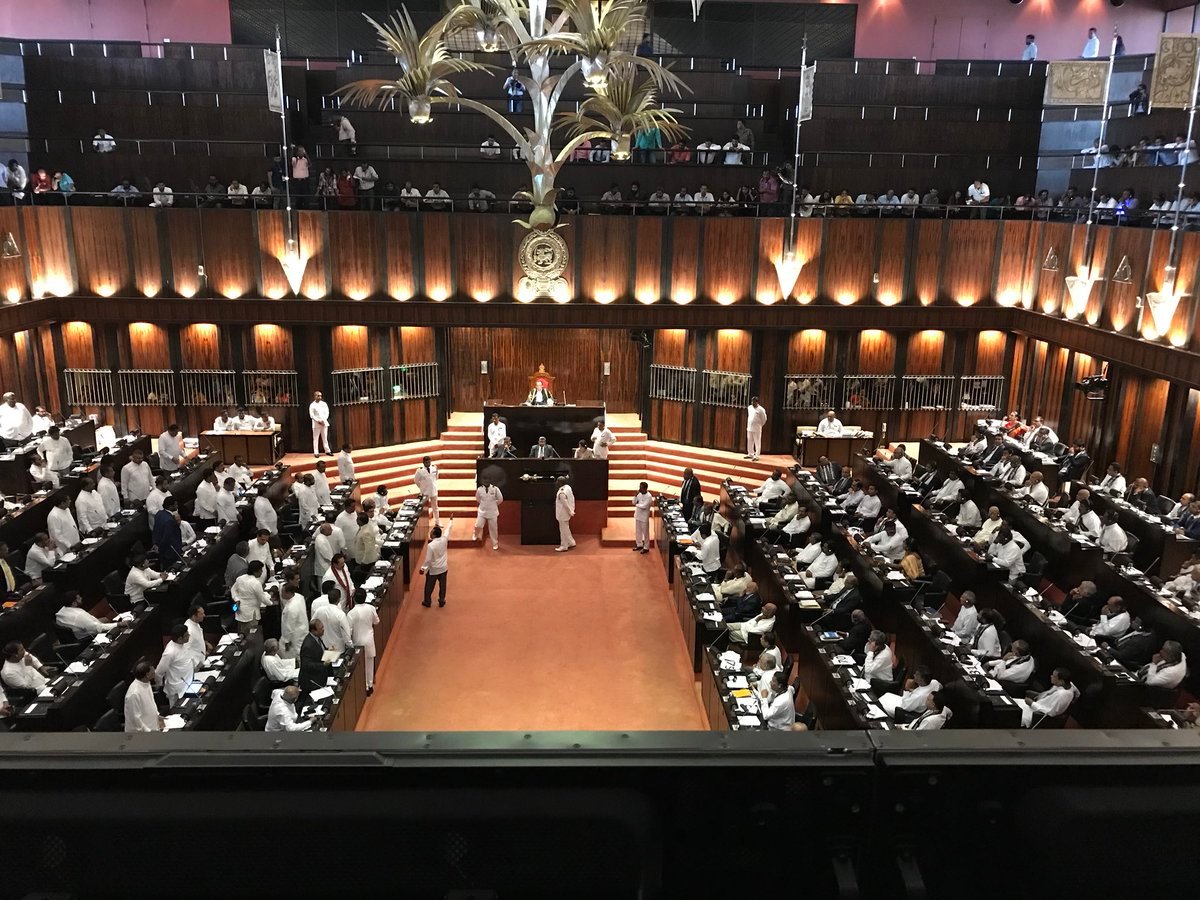
How to Faced with a corrupt government
When faced with a corrupt government, such as Srilanka, there are several actions that individuals and communities can take to address the issue and work towards a more transparent and accountable system. Here are some steps that can be taken:
1. Educate Yourself: Gain a deep understanding of the issue at hand by researching and staying informed about the nature and extent of the corruption. Knowledge is power, and being well-informed will enable you to make informed decisions and take appropriate action.
2. Advocate for Transparency and Accountability: Use your voice to demand transparency and accountability from the government. This can be done through peaceful protests, public demonstrations, or by joining civil society organisations that advocate for good governance and anti-corruption measures. Engage in conversations and debates to raise awareness about the issue.
3. Support Independent Media: Support and promote independent media outlets that provide accurate and unbiased reporting. Independent journalism plays a crucial role in exposing corruption and holding governments accountable. By sharing reliable information, you can help counteract the spread of misinformation and promote transparency.
4. Strengthen Civil Society: Get involved with local civil society organisations that work towards combating corruption. These organisations play a vital role in monitoring government actions, advocating for reforms, and providing support to those affected by corruption. By joining or supporting such organisations, you can contribute to their efforts in promoting transparency and accountability.
5. Engage in Anti-Corruption Initiatives: Support and participate in initiatives aimed at fighting corruption. This could include signing petitions, supporting anti-corruption campaigns, or volunteering for organisations that work on anti-corruption projects. By actively engaging in these initiatives, you can make a difference and contribute to the collective fight against corruption.
6. Vote Responsibly: Exercise your democratic right to vote in a responsible manner. Research candidates and political parties to ensure they have a track record of integrity and a commitment to fighting corruption. By voting for individuals who prioritize transparency and accountability, you can help bring about change from within the system.
7. Seek Legal Recourse: If you have evidence of corruption, consider reporting it to relevant authorities, such as anti-corruption commissions, ombudsman offices, or investigative agencies. Whistleblower protection laws may exist in some countries to safeguard those who expose corruption. Consulting legal experts or organisations specialising in anti-corruption can provide guidance on the best course of action.
8. International Support: Seek support from international organisations, such as human rights groups, anti-corruption bodies, or diplomatic missions. These entities can provide resources, guidance, and advocacy to address corruption at a higher level and exert pressure on the government to take action.
Remember, combating corruption requires collective efforts and a sustained commitment. It may take time, but by working together, individuals and communities can make a difference in holding governments accountable and promoting transparent and accountable governance.






